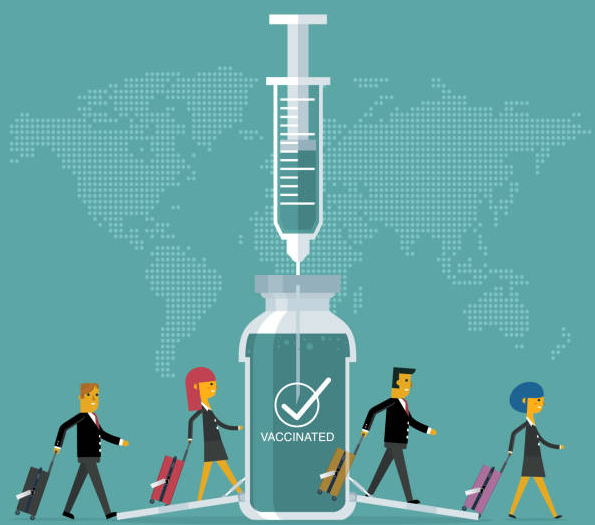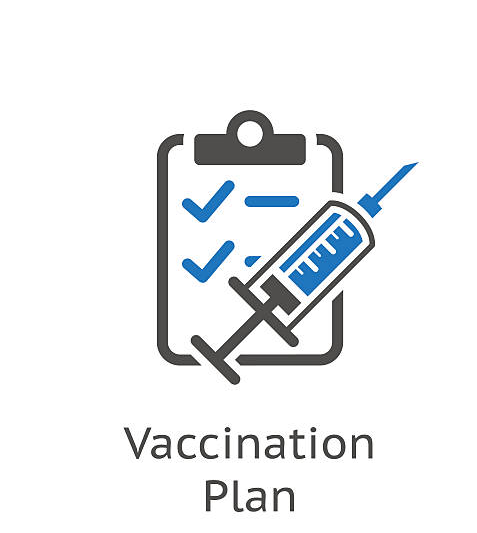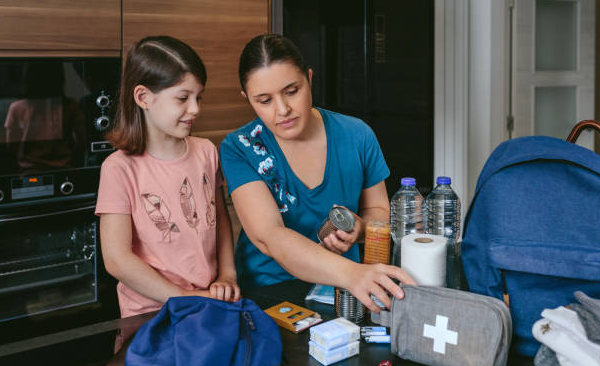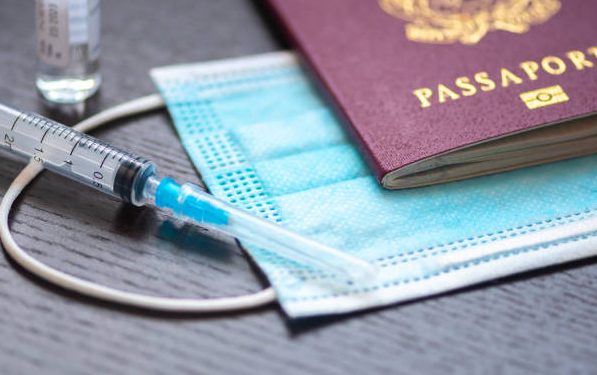Traveling internationally for business can be an exciting opportunity to expand your horizons and establish valuable connections. However, it’s important to prioritize your health and well-being while embarking on these trips. One crucial aspect of ensuring a safe journey is understanding and obtaining the necessary travel vaccinations. In this article, we will explore the significance of travel vaccinations, recommended vaccines, planning ahead, managing side effects, and other health precautions you should consider.
When venturing into unfamiliar territories, it is essential to be aware of potential health risks and take appropriate precautions. Travel vaccinations play a vital role in safeguarding your health during international business trips. By understanding the purpose and importance of these vaccines, you can protect yourself from various diseases and ensure a smooth and productive journey.
Understanding Travel Vaccinations
What Are Travel Vaccinations
Travel vaccinations, also known as travel immunizations, are preventive shots recommended before traveling to specific destinations. These vaccines are designed to provide protection against diseases that may be prevalent in certain regions or countries but are less common or eradicated in your home country.
Importance of Travel Vaccinations
The significance of travel vaccinations cannot be overstated. They help your body develop immunity against potentially harmful infections and reduce the risk of contracting diseases such as hepatitis, typhoid, yellow fever, and influenza. By taking the necessary precautions, you can avoid health complications that may disrupt your business plans and overall well-being.
Vaccination Recommendations
1. Commonly Recommended Vaccines
Several vaccines are commonly recommended for international travelers. These include routine vaccines such as measles-mumps-rubella (MMR), tetanus-diphtheria-pertussis (Tdap), and influenza. Additionally, depending on the destination and specific circumstances, your healthcare provider may advise additional vaccines like hepatitis A and B, typhoid, meningitis, and polio.
2. Country-Specific Vaccinations
Different countries have varying health risks, and therefore, specific vaccinations may be necessary. For example, traveling to regions with a high incidence of malaria may require anti-malarial medications, while visiting areas endemic to yellow fever may necessitate a yellow fever vaccination certificate. It is crucial to research the health requirements of your destination and consult with a healthcare provider to determine the recommended vaccines for your trip.
Planning Ahead for Vaccinations
1. Consulting a Healthcare Provider
To ensure you receive the appropriate travel vaccinations, it is advisable to consult a healthcare provider well in advance of your trip. They will assess your medical history, destination, and duration of travel, and recommend the necessary vaccines based on these factors. It is important to allow sufficient time for vaccination schedules, as some vaccines require multiple doses or take time to build immunity.
2. Timing and Schedule
The timing of your vaccinations is crucial. Some vaccines need to be administered several weeks before travel to ensure maximum effectiveness. It is essential to adhere to the recommended schedule provided by your healthcare provider to ensure you are adequately protected during your trip. Keep in mind that some vaccines may require booster shots or periodic revaccination, so plan accordingly.
Managing Side Effects
1. Common Side Effects
Like any medical intervention, travel vaccinations can have side effects. The most common side effects include soreness or redness at the injection site, mild fever, fatigue, and muscle aches. These side effects are typically mild and subside within a few days. However, it is essential to be aware of potential reactions and address any concerns promptly.
2. Precautions and Remedies
To manage the side effects of travel vaccinations, it is advisable to stay hydrated, get plenty of rest, and avoid strenuous activities immediately after receiving the vaccines. Over-the-counter pain relievers can help alleviate discomfort if necessary. If you experience severe or persistent side effects, it is recommended to seek medical advice promptly.
Other Health Precautions
1. Food and Water Safety
Apart from travel vaccinations, it is crucial to consider other health precautions during your international business trip. Ensure the safety of the food and water you consume by sticking to bottled water, avoiding street food, and opting for cooked meals from reputable establishments. Practicing good hand hygiene and carrying hand sanitizers can also help minimize the risk of gastrointestinal infections.
2. Mosquito-Borne Diseases
In certain regions, mosquito-borne diseases such as malaria, dengue fever, or Zika virus pose a risk to travelers. To protect yourself from mosquito bites, use insect repellents, wear long-sleeved clothing and pants, and consider staying in accommodations with proper screens or air conditioning. If necessary, consult with a healthcare provider regarding additional preventive measures such as antimalarial medications or vaccines.
Conclusion
When embarking on international business trips, prioritizing your health is of utmost importance. By understanding the significance of travel vaccinations, following recommended vaccination schedules, managing side effects, and considering other health precautions, you can ensure a safe and productive journey. Remember, consulting with a healthcare provider and staying informed about your destination’s health requirements are vital steps in protecting yourself from potential health risks.
FAQs
1: Do I really need travel vaccinations for business trips?
Yes, travel vaccinations are crucial for business trips, especially when traveling to countries with specific health risks. These vaccines protect you from potential diseases and help ensure a safe and uninterrupted journey.
2: How long before my trip should I get vaccinated?
The timing of vaccinations may vary depending on the vaccine and destination. Some vaccines require multiple doses or take time to build immunity. It is advisable to consult with a healthcare provider at least 4-6 weeks before your trip to allow sufficient time for vaccination schedules.
3: Are there any specific vaccines required for every country?
No, the required vaccines vary from country to country and depend on factors such as the prevalence of specific diseases in the region. It is important to research the health requirements of your destination and consult with a healthcare provider for personalized recommendations.
4: Can I experience side effects from travel vaccinations?
Yes, it is possible to experience side effects from travel vaccinations. However, most side effects are mild and temporary, such as soreness at the injection site or mild fever. Serious side effects are rare. If you have any concerns, consult with your healthcare provider.
5: Are there any alternatives to travel vaccinations?
While travel vaccinations are the most effective way to protect yourself from certain diseases, some alternative preventive measures include practicing good hygiene, avoiding mosquito bites, and ensuring food and water safety. However, these alternatives may not provide the same level of protection as vaccinations.


